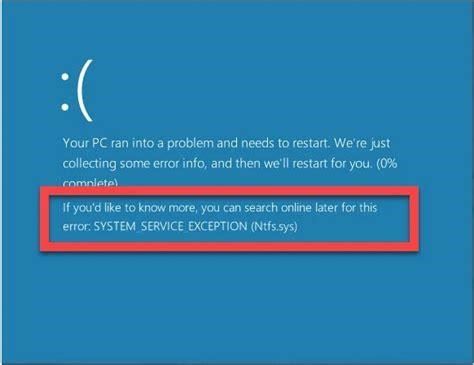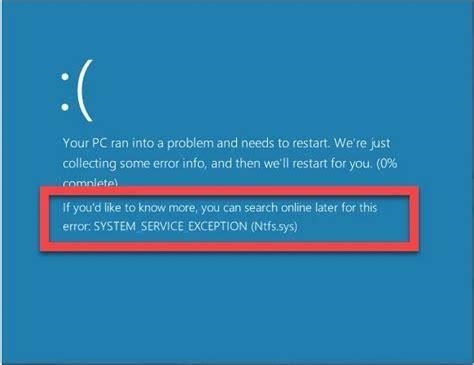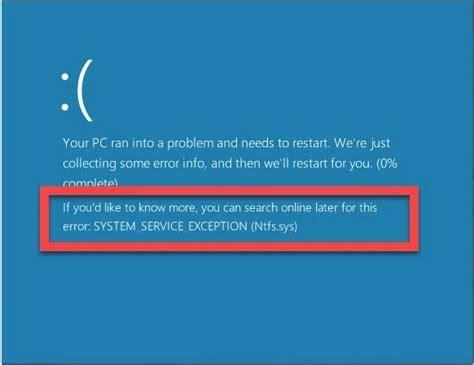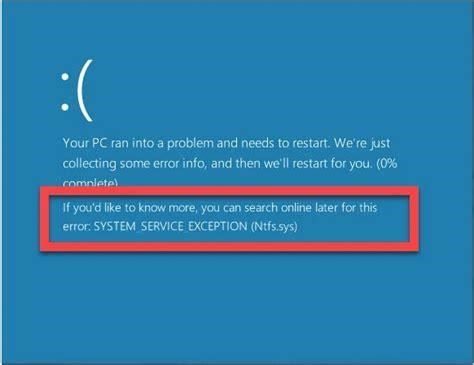Navigating the Turns and Twists of Windows 11 Performance
Over the years, Microsoft’s Windows operating system has continued to evolve – bringing new features, enhanced security, and improved performance. However, with each iteration comes its own set of hardware requirements needed to optimize the user experience. This often leaves people wondering whether their current devices can adequately handle the newest Windows versions.
Recently, Windows 11 was released and many have debated if 4GB of RAM is truly enough for smooth performance as listed on Microsoft’s website. Our exploration into various forums and communities revealed some insightful perspectives. Let’s walk through what we uncovered.
Parsing Through the Confusion
Initially, we see a common question arise around whether a 4GB RAM device can operate Windows 11 without slowdowns. The asker has previewed the OS using Microsoft’s PC Health Check and received confirmation that their system meets the minimum specifications. However, they remain skeptical about real-world use based on the memory capacity.
In response, some quickly confirmed that 4GB is fine citing the performance boost over Windows 10. But others questioned if limited RAM would hamper specific use cases like gaming. We also see experiences of those already running Windows 11 on 4GB RAM devices – some reporting no issues while others faced lagging, crashes, and automatic closing of programs.
Clearly there is no consensus leading to confusion for those considering 4GB RAM machines. How can we make sense of all this?
Minimum Requirements vs Recommended Specs
The key perspective that emerged is differentiating between Microsoft’s published minimum RAM requirements versus the recommended RAM specification.
At 4GB, the RAM meets the absolute baseline to install and boot Windows 11. Likely the OS will run relatively stable at first. But it is considered the minimum for a reason – leaner memory capacity will constrain performance, especially as more apps are launched and background processes accumulate.
Over time, the limited RAM will increasingly bottleneck system speed and capacity for heavier or simultaneous workloads. Upgrading software and accumulating user files and data online will also gradually hamper performance. The experience may become frustrating for users expecting seamless fluency.
For this reason, Microsoft and most experts strongly suggest at least 8GB as the recommended RAM for Windows 11. This provides breathing room for the breadth of activities people routinely engage in on PCs – such as gaming, creative work, running multiple business applications simultaneously, virtualization etc.
Tailoring Your Hardware Decisions
Ultimately, the RAM needs depends on the individual use cases and performance expectations from Windows 11. Users focused on basic web browsing, simple document editing, and few simultaneous apps may get by with 4GB RAM – especially if coming from an older version of Windows. But those used to buttery smooth operation under a full workload will want to opt for 8GB+ machines.
When purchasing new PCs, it’s wise to choose hardware well above the minimum specifications to maximize the lifespan of your investment. For existing devices, adding RAM if possible can provide some near-term boost but may be limited by other architectural constraints.
As Microsoft itself states, "meeting hardware requirements is important to have a good Windows 11 experience". Keep your particular needs and usage in mind when choosing a Windows 11 ready system. Paying attention to RAM capacity will help set realistic performance expectations.
Stay Tuned
We hope this exploration has helped provide clarity on the considerations around Windows 11 and RAM requirements. Do you have experience or advice to share? Let us know in the comments! And stay tuned as we continue investigating other aspects of configuring devices to optimize Windows 11 performance.




